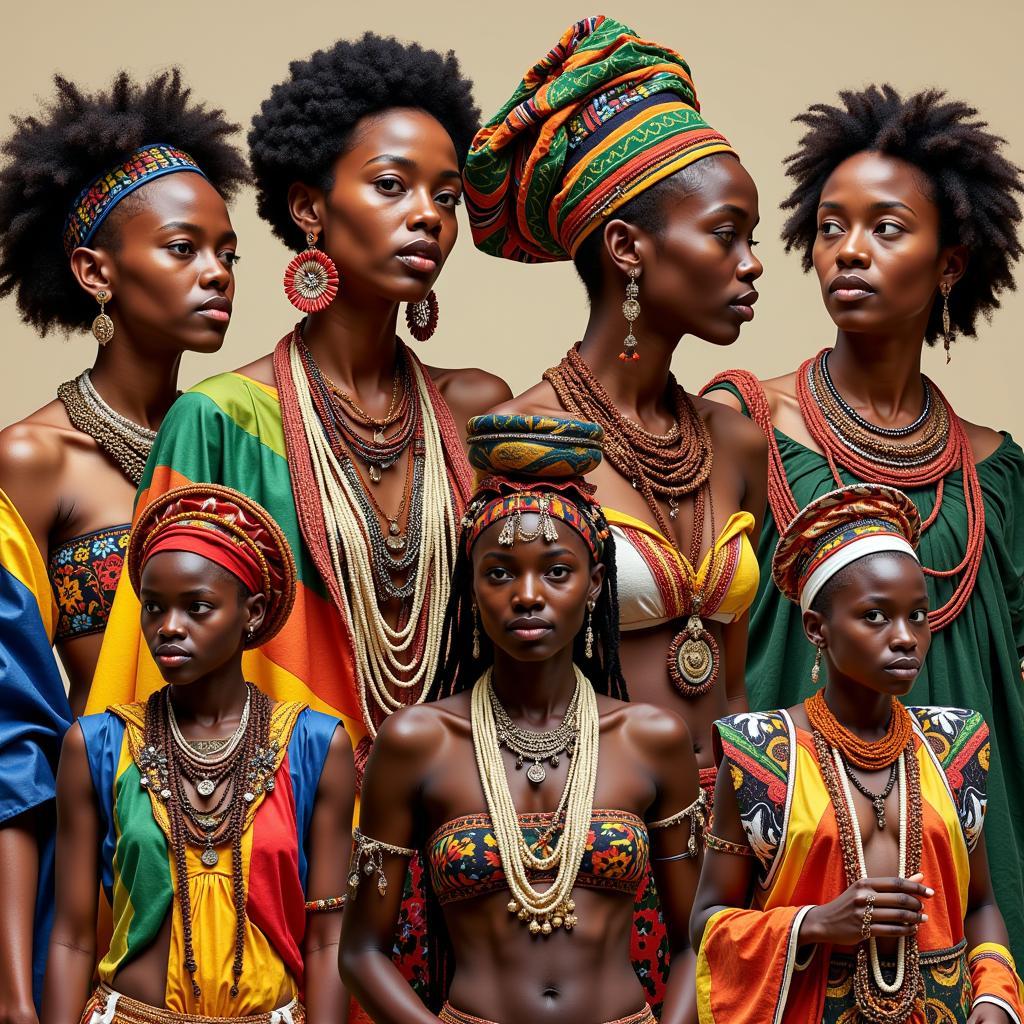Diving Deep into African American Autobiography
African American Autobiography holds a significant place in literary history, offering raw and powerful insights into the Black experience in America. These narratives, spanning centuries and encompassing diverse voices, provide invaluable glimpses into the complexities of race, identity, culture, and resilience.
The Power of Personal Narrative
From the harrowing tales of escaping slavery to contemporary reflections on navigating a society still grappling with racial inequality, African American autobiography serves as a vital tool for understanding the Black experience. These narratives challenge dominant narratives, amplify marginalized voices, and foster empathy and understanding across racial divides. They allow readers to step into the shoes of another, to feel the weight of history, and to confront the ongoing struggle for equality.
One of the earliest and most impactful examples is Frederick Douglass’s “Narrative of the Life of Frederick Douglass, an American Slave.” Published in 1845, this searing account of Douglass’s life in slavery and his subsequent escape to freedom became a cornerstone of the abolitionist movement. Douglass’s powerful prose and unwavering commitment to truth-telling exposed the brutality of slavery and asserted the humanity of enslaved people.
Exploring Identity and Culture
Beyond accounts of racial injustice, African American autobiography delves into the richness and complexities of Black identity and culture. Works like Maya Angelou’s “I Know Why the Caged Bird Sings” and Alice Walker’s “The Color Purple” explore themes of womanhood, sexuality, and self-discovery within the context of Black Southern life. These narratives celebrate Black joy, resilience, and the enduring power of community in the face of adversity.
Furthermore, these autobiographies often serve as a form of cultural preservation, passing down traditions, stories, and wisdom from one generation to the next. They document the evolution of Black culture in America, showcasing the dynamism and creativity that has emerged from a history marked by both struggle and triumph.
A Legacy of Resilience and Resistance
The tradition of African American autobiography continues to thrive in the 21st century. Contemporary authors like Ta-Nehisi Coates, Michelle Obama, and Trevor Noah offer insightful reflections on race, identity, and politics in modern America. Their works grapple with the ongoing legacy of slavery and segregation while also exploring the possibilities for progress and change.
African American autobiography, in its various forms and across generations, offers a powerful lens through which to understand the Black experience in America. These narratives are essential reading for anyone seeking to engage with the complexities of race, identity, and social justice. By bearing witness to the stories of others, we cultivate empathy, challenge our own perspectives, and contribute to a more just and equitable future.


